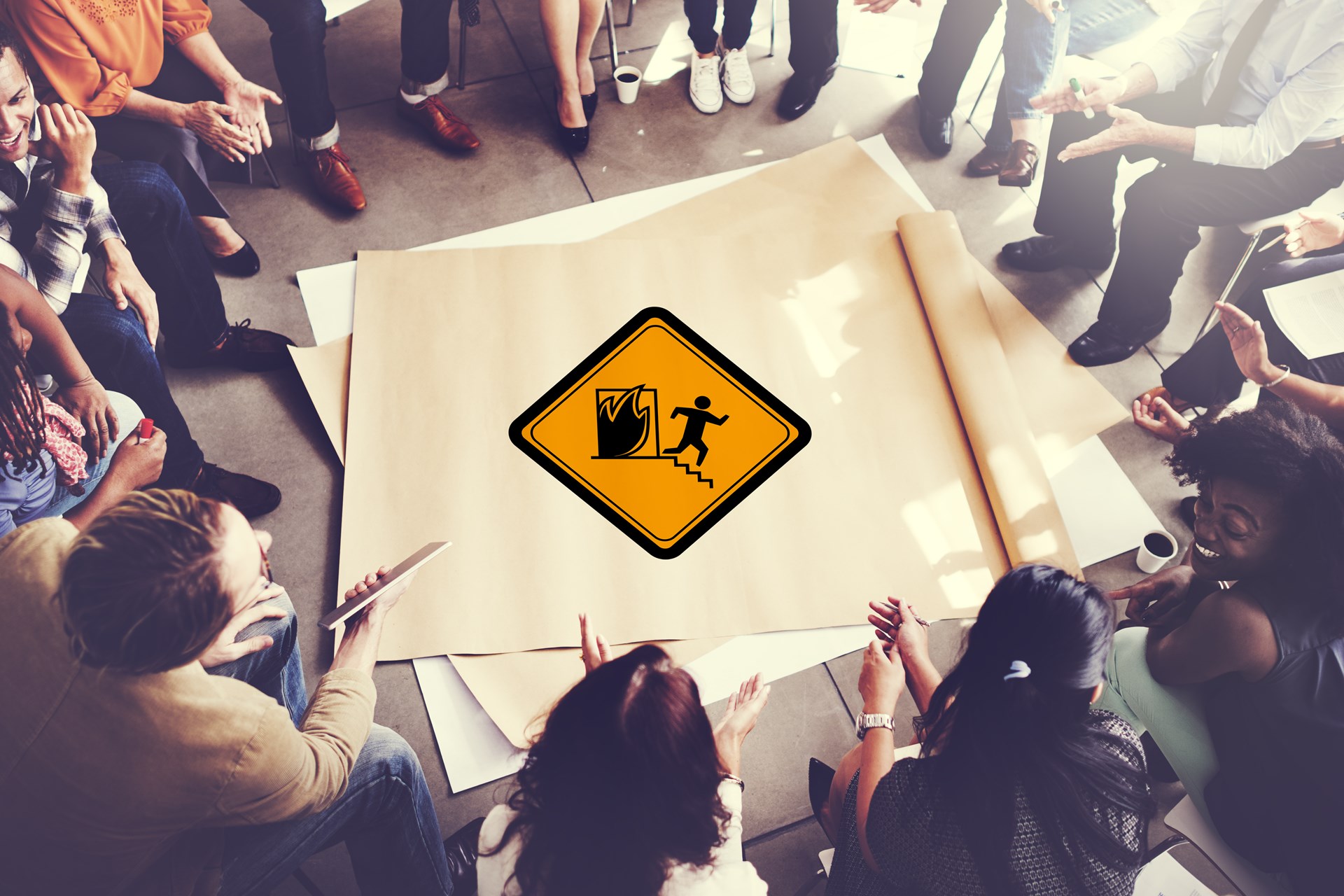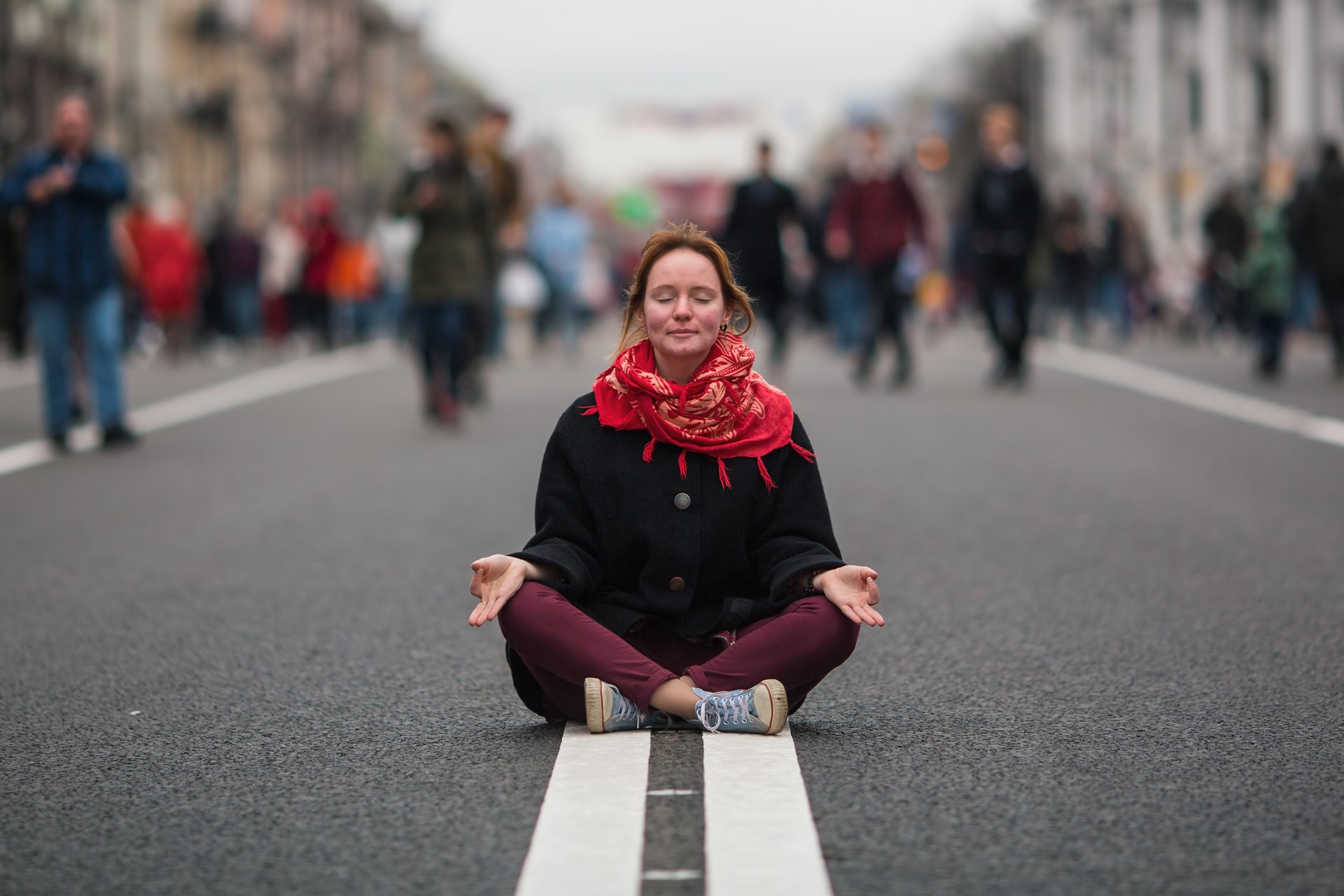Have you ever seen flight attendants showing the safety procedures before flying? Those safety procedures are easy-to-follow instructions that should safely guide us through an emergency situation. They do not assure that we will be 100% safe, still they indicate how to behave in order to protect us more efficiently.
In the same way as it might happen on a flight, even in our daily life we could find ourselves in an emergency situation . For this reason, as we need emergency procedures while flying, we might need a “psycho-spiritual emergency plan” in order to face challenging situations in our daily life.
Would you like to create your own “psycho-spiritual emergency plan”? Then, follow my instructions.
First of all, as per all well planned emergency plans, yours will have to be written down on a paper sheet (or on a PC) and put it in a safe place where you can easily gain access to it.
Now be extremely honest with yourself and answer those following questions.

